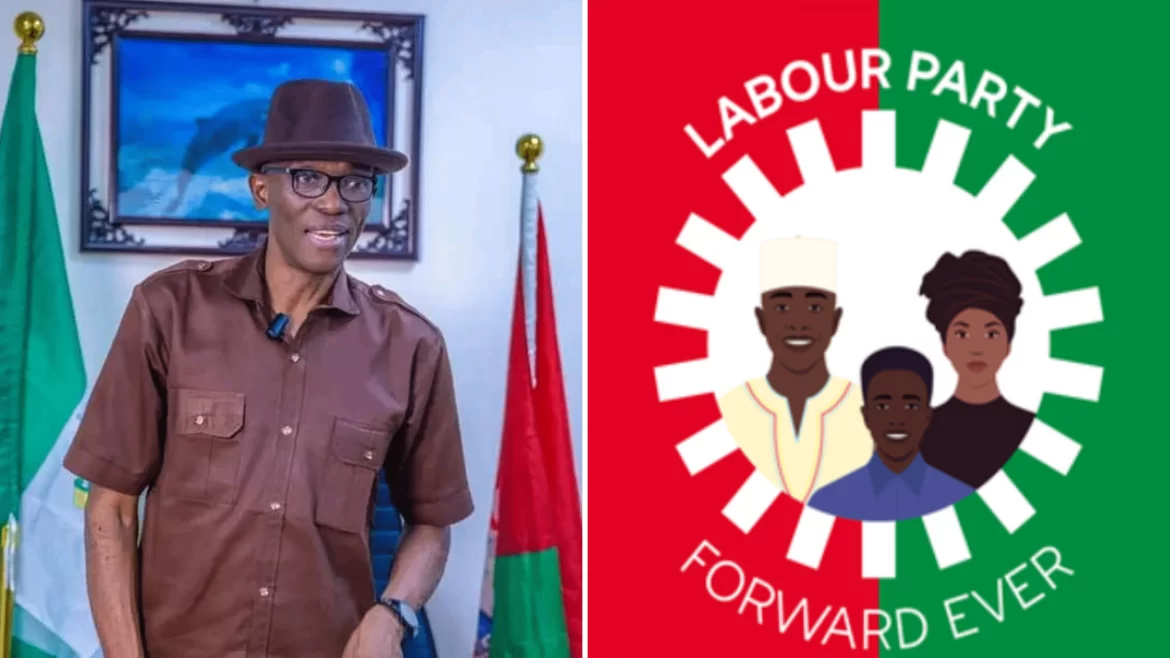594
Lizzy Chirkpi
In a judgment expected to redefine the leadership landscape of the Labour Party (LP), the Supreme Court of Nigeria has overturned the judgment of the Court of Appeal in Abuja, which earlier affirmed Julius Abure as the National Chairman of the party.
The apex court cited a lack of jurisdiction on the part of the appate court.
This a legal challenge brought forth by Senator Nenadi Usman and another individual, questioning the legitimacy of Abure’s chairmanship.
The dispute originated from internal disagreements within LP regarding its leadership structure. Abure’s position as National Chairman was contested, leading to legal proceedings that initially saw the Court of Appeal rule in his favor. However, the Supreme Court’s intervention has now reversed this outcome, highlighting the complexities of judicial involvement in intra-party affairs.
The apex court, in a unanimous decision delivered by a five-member panel, determined that the Court of Appeal overstepped its jurisdictional boundaries. The Supreme Court emphasized that the core matter at hand, the party’s leadership, falls squarely within the realm of internal party affairs.
The judgment reinforced the established legal principle that courts generally lack jurisdiction to adjudicate internal disputes within political parties. This principle aims to preserve the autonomy of political organizations in managing their own affairs.
The Supreme Court found the appeal filed by Senator Nenadi Usman and the other appellant to be meritorious, thereby validating their challenge against Abure’s chairmanship.
Consequently, the court dismissed the cross-appeal filed by the Abure group, deeming it unmeritorious.
The judgment potentially opens a new chapter in the Labour Party’s leadership, necessitating a resolution to the chairmanship issue. The decision underscores the judiciary’s stance on maintaining a clear separation between judicial intervention and the internal governance of political parties.



